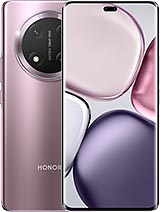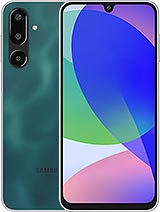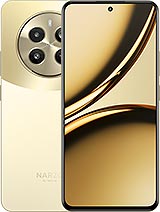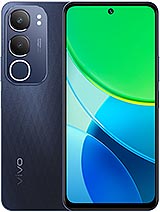Nothing Phone (2a) Plus alternatives
Tap above to see alternatives.
Vivo Y29 alternatives
Tap above to see alternatives.
Nothing Phone (2a) Plus
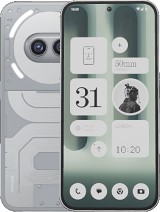
Nothing Phone (2a) Plus
-
Dimensity 7350 Pro
4 nm
-
5000 mAh
50W
-
6.7"
1084x2412 pixels
-
50 MP
4K@30fps
- Specs
2x3.0 GHz Cortex-A715
6x 2.0 GHz Cortex-A510
2x2.4 GHz Cortex-A76
6x2.0 GHz Cortex-A55
12GB 256GB (UFS 2.2)
6GB 128GB (eMMC 5.1)
8GB 128GB (eMMC 5.1)
8GB 256GB (eMMC 5.1)
f/1.9, 24mm (wide), 1/1.57", 1.0µm, PDAF, OIS
50 MP
f/2.2, 114˚ (ultrawide), 1/2.76", 0.64µm
f/1.8, (wide), 1/1.95", 0.8µm, PDAF
0.08 MP
f/3.0
1080p@60/120fps
f/2.2, (wide), 1/2.76"
f/2.0, (wide)
SIM1: Nano, SIM2: Nano
SIM1: Nano, SIM2: Nano
13 5G bands
n1, n3, n5, n7, n8, n20, n28, n38, n40, n41, n66, n77, n78
8 5G bands
n1, n3, n5, n8, n28, n40, n77, n78
In this performance comparison, the Nothing Phone (2a) Plus with its Mediatek Dimensity 7350 Pro (4nm) performs better than the Vivo Y29 with the Mediatek Dimensity 6300 (6nm), thanks to superior chipset efficiency.
Nothing Phone (2a) Plus offers 3 years of OS updates, whereas Vivo Y29 provides 1 years. For security updates, Nothing Phone (2a) Plus offers 4 years of support compared to Vivo Y29's 3 years.
Nothing Phone (2a) Plus features a superior AMOLED display, while Vivo Y29 comes with an LCD panel. Both smartphones offer the same 120 Hz refresh rate. Nothing Phone (2a) Plus also boasts a brighter screen with 1300 nits of peak brightness, enhancing outdoor visibility. Notably, Nothing Phone (2a) Plus offers a higher screen resolution, resulting in sharper visuals and more detailed content.
Vivo Y29 features a larger 5500 mAh battery, potentially delivering better battery life. Nothing Phone (2a) Plus also supports faster wired charging at 50W, compared to 44W on Vivo Y29.
Vivo Y29 offers better protection against water and dust with an IP64 rating.
- Vivo Y29 – Check price here
¹ Scores can vary even with the same chipset due to RAM, thermals, and software optimization.



